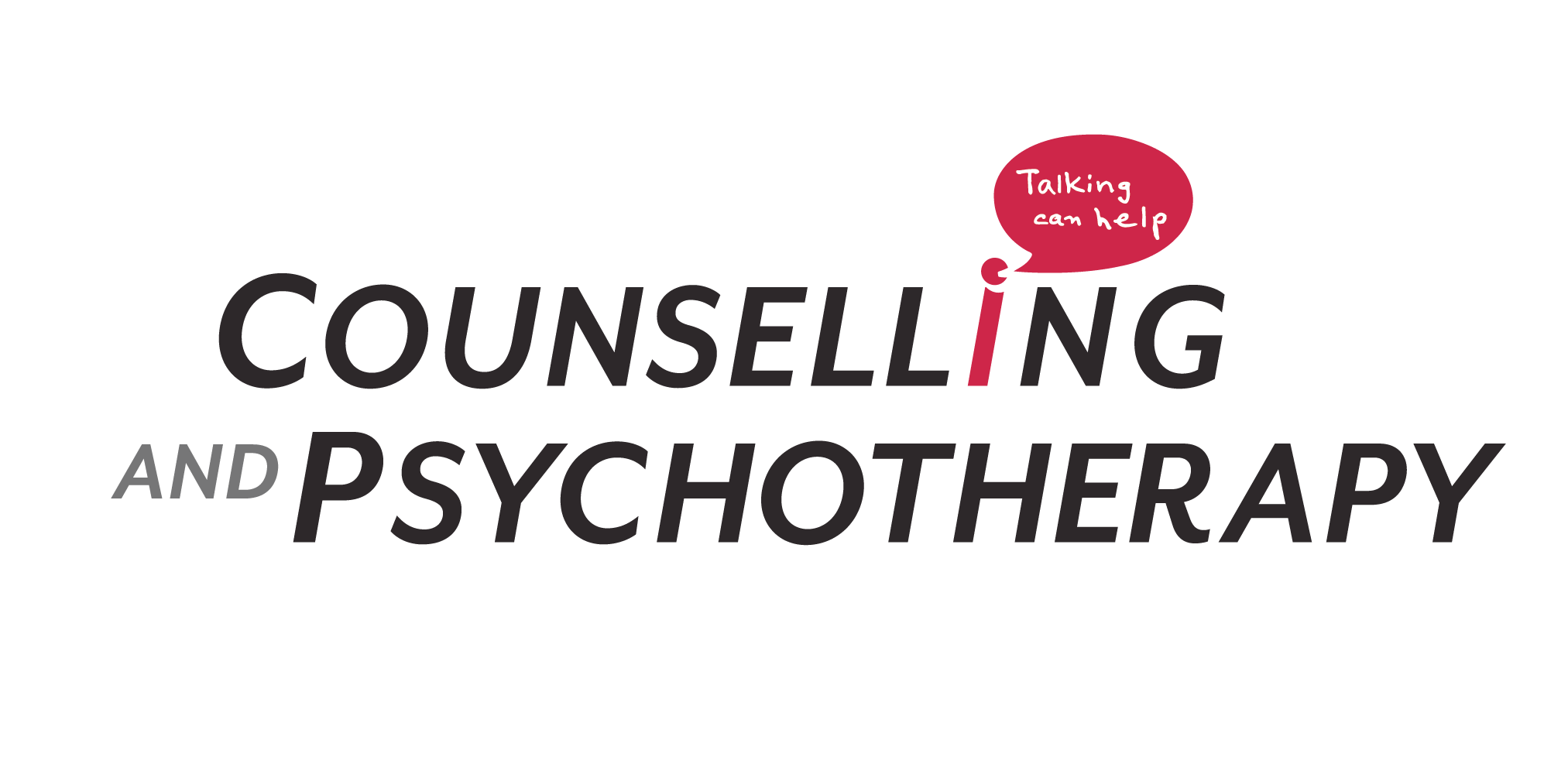Other Considerations
What if I cannot attend a session? Will I still be charged?
This should be one of the things you discuss when you make your agreement with your therapist at your first session. It is possible that you may be charged for a missed session.
What happens if I’m going to miss a session when I’m on vacation?
This should also be agreed to at your initial session with your chosen service provider. Sometimes a therapist may expect payment for missed sessions including vacation days. If you know you will be on vacation in the near future, make sure this is made clear in your agreement. Don’t be afraid to ask. Therapists expect you will have questions and are prepared to answer them professionally.
Will my therapist talk to anybody about what I say in sessions?
Typically, the limits to what information is shared and what information remains confidential is discussed with you before you begin therapy, and any time something arises during a session that may require sharing information. Usually what you talk about in your sessions is confidential. Even when therapists consult their supervisors from time to time, they protect the identities of their clients as much as possible. However there may be some unique circumstances that may prompt your therapist to talk to another professional. This is usually done with your permission. For example, if there appears to be a serious risk of harm to you or to others, the counsellor or psychotherapist is obligated by law to act in a way that protects you or others from harm. These circumstances should be explained to you at the beginning of your therapy. Feel free to check regularly with your therapist if confidentiality is a concern of yours.
What information will I have to share with my therapist?
It is your choice what you tell your therapist; however it may be helpful to give them an idea of what has brought you to therapy to enable the process to be effective.
Will my therapist tell my doctor?
Your sessions with your therapist are private. As mentioned earlier, any need to share information is discussed with you to obtain your permission. To release information to your doctor, a “third party release form” would be required. This form would require your signature.
Can I bring a friend?
This is not generally accepted in individual therapy. If you feel you need someone with you, discuss this with your potential therapist. Some cultures would not find bringing a friend to be a problem. If you think there might be communication difficulties, it may be helpful to have an interpreter with you in the room.
Group therapy may be an option for you.
For individuals who feel uncomfortable being in a session alone, group therapy might be an option, depending on the reason that therapy is being sought.
Always remember that it is all right to question what your therapist says or does in a therapy session.
Myths About Therapy
There are several myths and misconceptions that you may have heard about counselling and psychotherapy.
When we go to counselling, it can be a big and frightening step. There are many misconceptions about counseling or therapy that may frighten us about what it might be like. There are all sorts of myths and ideas and stereotypes such as: once we go to counselling, we’re going have to go for the next fifteen years and lay on a couch etc. Sometimes, people want that sort of therapy, but for the most part, that’s really not how it works.
Therapy is about sitting down, meeting a person and forming a relationship with them. It’s about learning to trust them so that we may talk about things that really worry us. We’re always going to be in control. The counsellor is not going to take over our lives or insist that we do things that we don’t feel comfortable with. We should always feel comfortable. We should always feel in control. Often when we’re thinking about meeting a counsellor, we can get really stuck with the idea that we don’t know whether we should, we don’t know whether we shouldn’t, maybe our problems aren’t important enough or serious enough, but it’s really important to try, to take that chance and to contact the person. And if you understand what it is that you’re getting into, that’s important, that’s powerful for you as the potential client. So ask questions.
One of the reasons why going to counselling is really important is that it challenges the notion that we should cope with everything all of the time. There is also the notion that going to counselling and talking is a sign of weakness. Actually, it’s a sign of strength. It’s about facing up to the things that we’re experiencing difficulties with, putting aside that stiff upper lip and really engaging with someone to find a solution rather than just pretending that it’s all going to be alright.
If it’s not the right time, or counselling isn’t right at that moment, then you can always go at another point, but don’t get stuck with the “not knowing”.
What’s this mysterious thing called therapy? You might have many questions and it’s important to ask about them. Ask questions to people who’ve had therapy; if you’ve got friends, family, colleagues who’ve gone through it, ask about it. What was it like?
